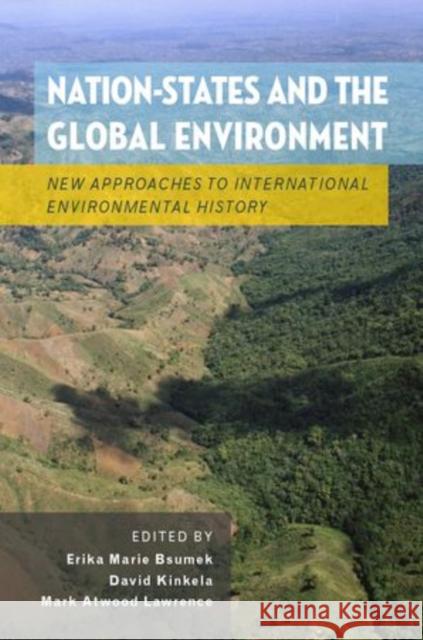Nation-States and the Global Environment » książka
Nation-States and the Global Environment
ISBN-13: 9780199755356 / Angielski / Twarda / 2016 / 320 str.
Hardly a day passes without journalists, policymakers, academics, or scientists calling attention to the worldwide scale of the environmental crisis confronting humankind. While climate change has generated the greatest alarm in recent years, other global problems-desertification, toxic pollution, species extinctions, drought, and deforestation, to name just a few-loom close behind. The scope of the most pressing environmental problems far exceeds the capacity of individual nation-states, much less smaller political entities. To compound these problems, economic globalization, the growth of non-governmental activist groups, and the accelerating flow of information have fundamentally transformed the geopolitical landscape. Despite the new urgency of these challenges, however, they are not without historical precedent. As this book shows, nation-states have long sought agreements to manage migratory wildlife, just as they have negotiated conventions governing the exploitation of rivers and other bodies of water. Similarly, nation-states have long attempted to control resources beyond their borders, to impose their standards of proper environmental exploitation on others, and to draw on expertise developed elsewhere to cope with environmental problems at home. This collection examines this little-understood history, providing case studies and context to inform ongoing debates.











